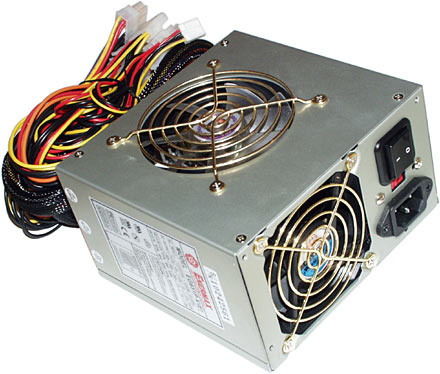Hey guys, this is my first time posting, and I'm sorry for posting it in this thread if it doesn't belong. This is my story...
2 months ago, my exhaust fan was making noise, so I noticed that it was bent a bit? So i had to cut off a part of the fan. And it was ok until another fan was bent a little too. So i took something and pushed it, while the ciomputer was running so that it would keep on going to cool my computer. But after i pushed the fan, something broke. And now my exhaust fan doesn't work. it was stupid I know. :suprised:
So I have been using a normal fan pointed at my exhaust fan for about 2 months now. Recently, it has been restarting by itself. Today, it turned off... but it didn't restart. I tried to turn it back on and stuff, but nothing. I opened to see if anything on the inside was wrong, but it seemed normal.
I know the computer can't be completly broken, cause the back of the computer has lights, I think the green lgiht from the motherboard? So, if anyone can help, please help me fix this!
Well, I am VERY sorry if I posted in the wrong section. but I'm not too sure where it's suppose to go. Any help is welcome. Thanks alot before hand!
2 months ago, my exhaust fan was making noise, so I noticed that it was bent a bit? So i had to cut off a part of the fan. And it was ok until another fan was bent a little too. So i took something and pushed it, while the ciomputer was running so that it would keep on going to cool my computer. But after i pushed the fan, something broke. And now my exhaust fan doesn't work. it was stupid I know. :suprised:
So I have been using a normal fan pointed at my exhaust fan for about 2 months now. Recently, it has been restarting by itself. Today, it turned off... but it didn't restart. I tried to turn it back on and stuff, but nothing. I opened to see if anything on the inside was wrong, but it seemed normal.
I know the computer can't be completly broken, cause the back of the computer has lights, I think the green lgiht from the motherboard? So, if anyone can help, please help me fix this!
Well, I am VERY sorry if I posted in the wrong section. but I'm not too sure where it's suppose to go. Any help is welcome. Thanks alot before hand!








